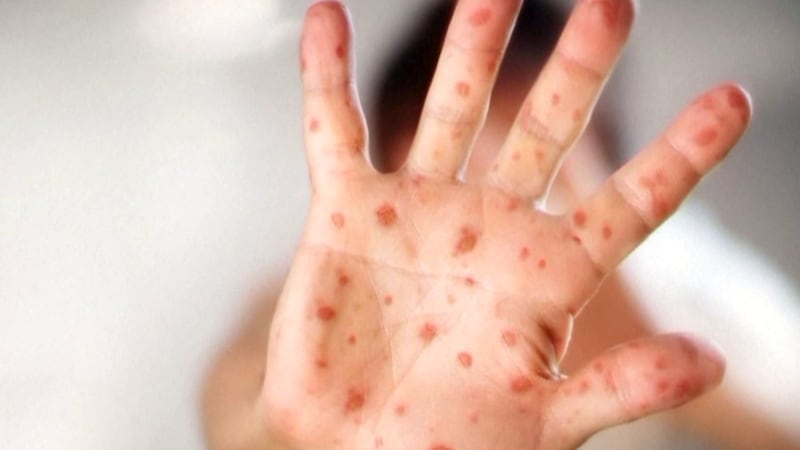New treatments an ‘amazing’ step in curing sickle cell disease
ATLANTA, Ga. (Atlanta News First) - On Friday, the FDA approved two new treatments for people suffering from sickle cell disease, marking a major breakthrough for the often debilitating condition.
Sickle cell disease is where the body creates misshapen red blood cells that clog up veins, causing blood to not flow properly to certain parts of the body. It can lead to strokes and bone issues.
Roughly 100,000 Americans are suffering from sickle cell disease, a disproportionate number of them African-American.
Until now, there have been minimal treatments.
“Initially, I’m very excited about it,” said Tabatha McGee, Executive Director at the Sickle Cell Foundation of Georgia. “It’s a very chronic disease. It’s a very painful disease, and it’s often treated with opiates.”
Now, the word “cure” is being thrown around, with the FDA approval of two gene therapy treatments, Casgevy and Lyfgenia.
The treatments are approved for people 12 and older. The former involves CRISPR technology, which uses patients’ stem cells to edit their DNA.
The news is a blessing to Mapillar Dahn, who has three teenage daughters with SCD. She runs the MTS Sickle Cell Foundation in metro Atlanta.
“It feels like Christmas came early,” Dahn said.
One of Dahn’s daughters, Deej, had a stroke at age seven and has received over 100 blood transfusions.
Her eldest daughter, Tully, is hard to transfuse and doesn’t qualify for the new treatment.
“She’s currently 19. She just had her hip replaced,” Dahn said. “This is a 19-year-old who had her hip replaced, and it’s due to complications from sickle-cell disease.”
The treatments also carry a price tag above $1 million, making it a question of access.
“Is it really a cure if it’s not accessible?” asked McGee.
That’s where the next frontier for treating sickle cell lies.
“We have to start talking about, ‘How is this going to get paid for?’” Dahn stated.
Those conversations between advocates, insurance, and the Centers for Medicare & Medicaid Services are just beginning.
However, the new treatments represent a major breakthrough for solving a disease previously unsolvable.
“I can not understate how amazing and wonderful this is,” Dahn said.
Copyright 2023 WANF. All rights reserved.















